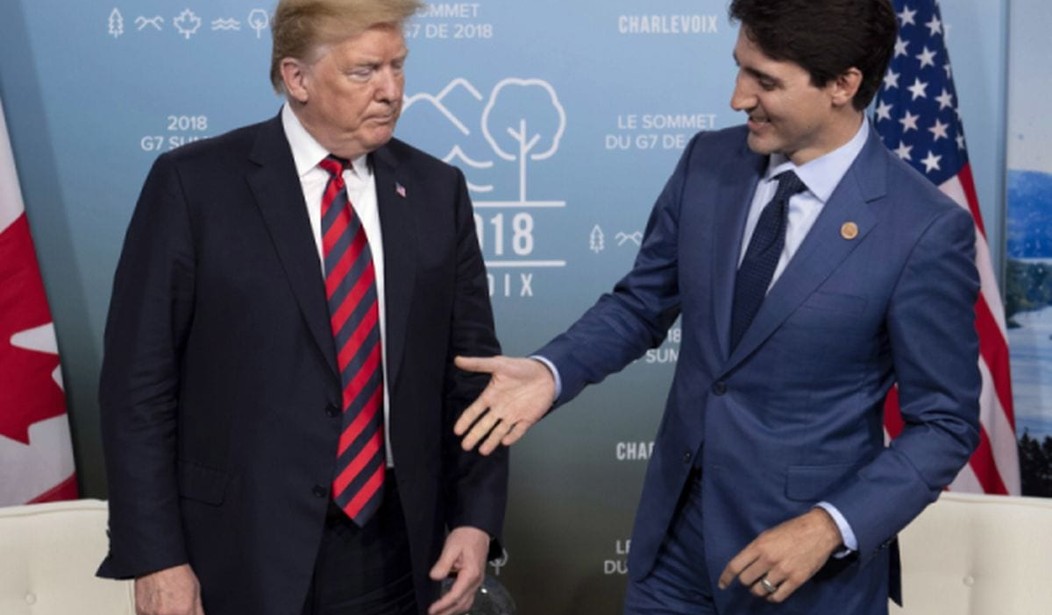Two days before Prime Minister Trudeau’s meeting with President Trump on Thursday, Trudeau reapproved the Trans Mountain pipeline expansion that would triple the capacity of an existing line from Alberta’s oil sands to British Columbia’s Pacific coast. The objective was to reduce congestion and diversify exports away from the U.S.
Prime Minister Trudeau stated, “It’s really simple. Right now, we basically have one customer for our energy resources, the United States. As we’ve seen over the past few years, anything can happen with our neighbors to the south.”
With the pipeline expansion, Trudeau sought to become less economically reliant on the U.S. and more so on Asia, particularly China. China has wanted this pipeline to be constructed for more than three years to promote Chinese-Canadian economic ties.
Nevertheless, the construction of the pipeline alone does not mean that Canada will be forced to become economically bound to China, given that tankers can ship oil from the coast of British Columbia to the U.S.
Underlining the solidarity of the alliance between the U.S. and Canada, President Trump hinted to Prime Minister Trudeau at Thursday’s meeting that Canada should not rely on China because it will not be as reliable an ally as the United States.
At the G20 summit next week, President Trump has a formal meeting scheduled with President Xi Jinping. In response to whether President Trump would help with the two Canadian citizens detained by China for Canada’s arrest of Huawei executive Meng Wanzhou, President Trump stated, “Anything I can do to help Canada, I will be doing.”
To make these comments more impactful, President Trump made them in light of increasing Chinese economic pressure against Canada: China already banned and restricted the import of Canadian commodities involving canola, soybeans, pork, and beef.
President Trump also highlighted the fact that Canada should not be attempting to toe an independent line with respect to the U.S. because Canada does not have the same level of diplomatic and political clout as the U.S.
Canada has consistently been having difficulties setting up a meeting with Prime Minister Trudeau and President Xi. Chinese Foreign Minister Wang Yi has refused to answer the phone calls of Canadian Foreign Affairs Minister Chrystia Freeland. Former Canadian Ambassador to China Guy Saint-Jacques also notes, “Nobody in the Chinese government wants to meet with a Canadian minister or special envoy—even if the Prime Minister were to phone President Xi Jinping, he would not take the call.”
When asked if President Trump would help Trudeau get a meeting with Xi, President Trump responded, “Well I don’t know that he [Prime Minister Trudeau] is trying to meet. [Speaking to Prime Minister Trudeau] Are you trying to get a meeting?”
Whereas Prime Minister Trudeau cannot meet, let alone talk, with President Xi when his own citizens are detained in China, President Trump emphasized that Canada must rely on the U.S. because the fate of Canada’s citizens rests in the hands of the U.S.
At Thursday’s meeting, President Trump effectively asserted U.S. dominance over Canada and implied that Canada needs the U.S. to further its interests.
After already having won some recent concessions from Canada with the USMCA (the United States-Mexico-Canada Agreement), President Trump continues to ensure that Canada does not fall outside of U.S. influence both for America’s and Canada’s interests.









Join the conversation as a VIP Member